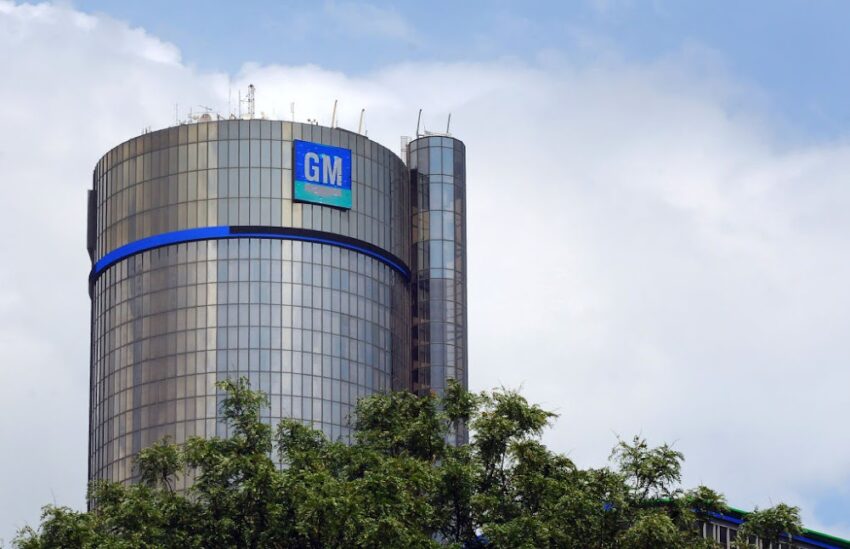Analysts said GM may need to cut investment in future projects or find other ways to trim spending to offset the effect of tariffs. Jeep-maker Stellantis on Monday warned tariffs would significantly affect results in the second half of 2025, and said tariffs cost it about €300m (R6.18bn) in the first half of the year.
Shares of rival Ford Motor and US-traded shares of Stellantis fell about 1% on Tuesday morning. The carmaker took steps in recent months to bolster its combustion-engine operations through increased investment in its US factory base, calling into question its goal of ending the production of petrol-powered cars and trucks by 2035.
GM announced in June it would invest $4bn at three US facilities in Michigan, Kansas and Tennessee, including a plan to move production of the Cadillac Escalade and increase output of its two big pickup trucks. It added production of its previously Mexico-produced Chevy Blazer to the Tennessee plant. The carmaker imports about half the vehicles it sells in the US, mainly from Mexico and South Korea. Crosstown rival Ford produces about 80% of its US-sold vehicles domestically.
Car companies are increasingly shifting their focus to bolstering the core lineup of petrol trucks and SUVs as the growth rate of EV sales has slowed. Demand for battery-powered models has slowed after rapid growth earlier this decade.
The trend is intensified by the pending disappearance of government support for the battery-powered models. Sweeping tax and budget legislation approved by the US Congress will eliminate $7,500 (R131,658) tax credits for buying or leasing new electric vehicles and a $4,000 (R70,217) used-EV credit at the end of September.
Trump also signed tax and budget legislation that eliminates fines for failures to meet fuel economy rules, a move that makes it easier to build more petrol-powered vehicles.
